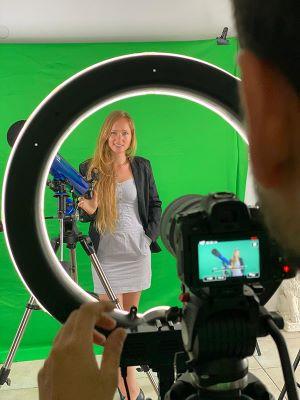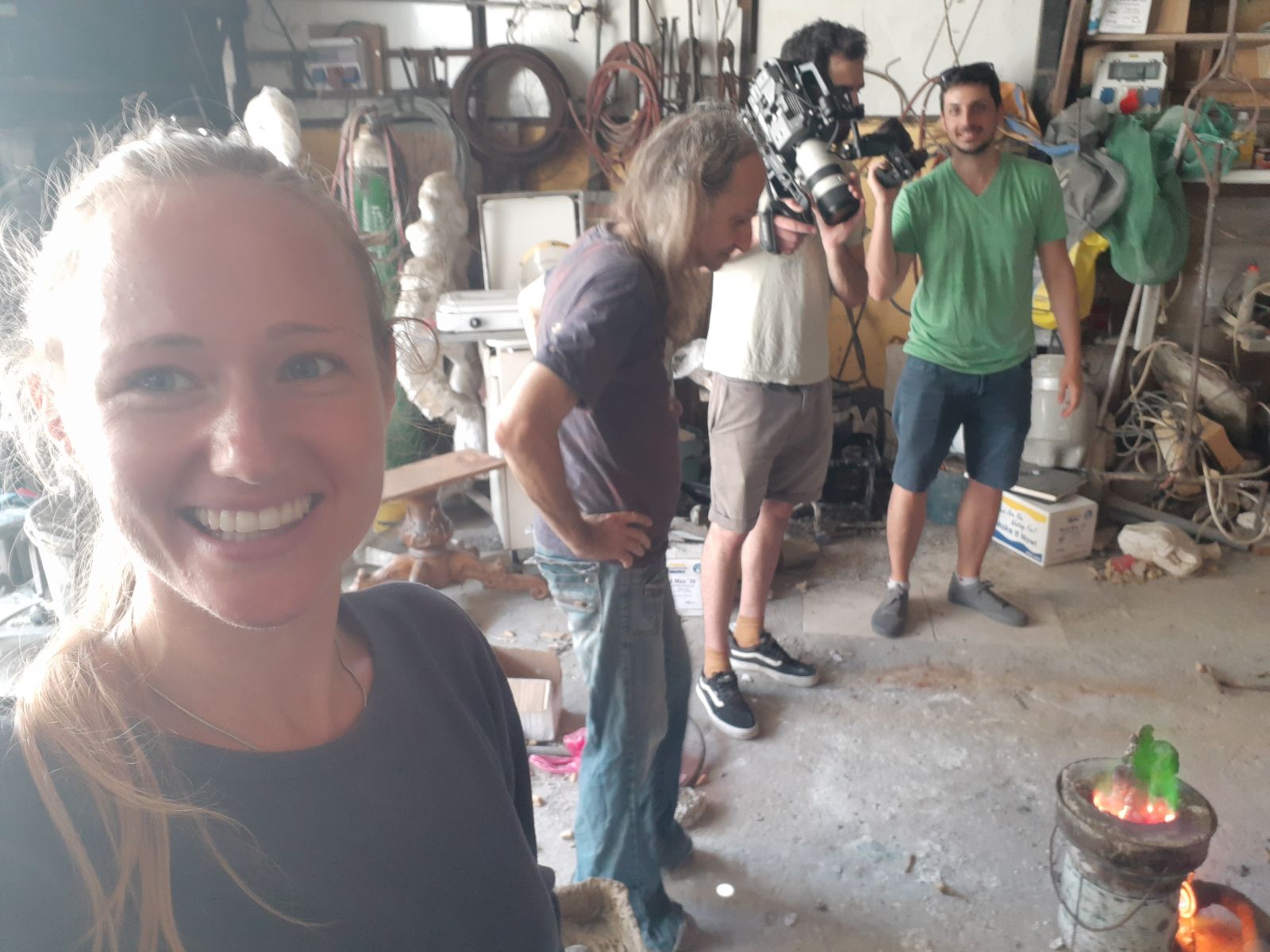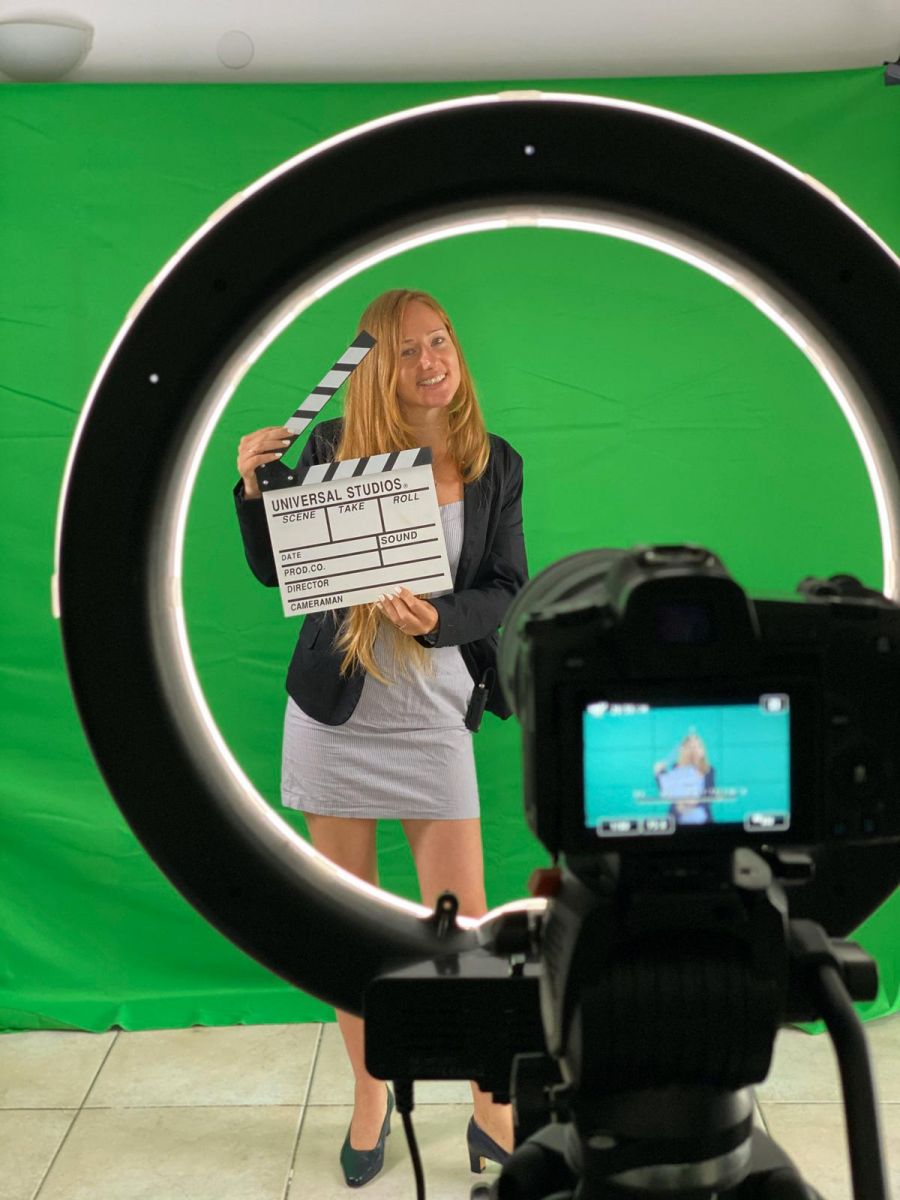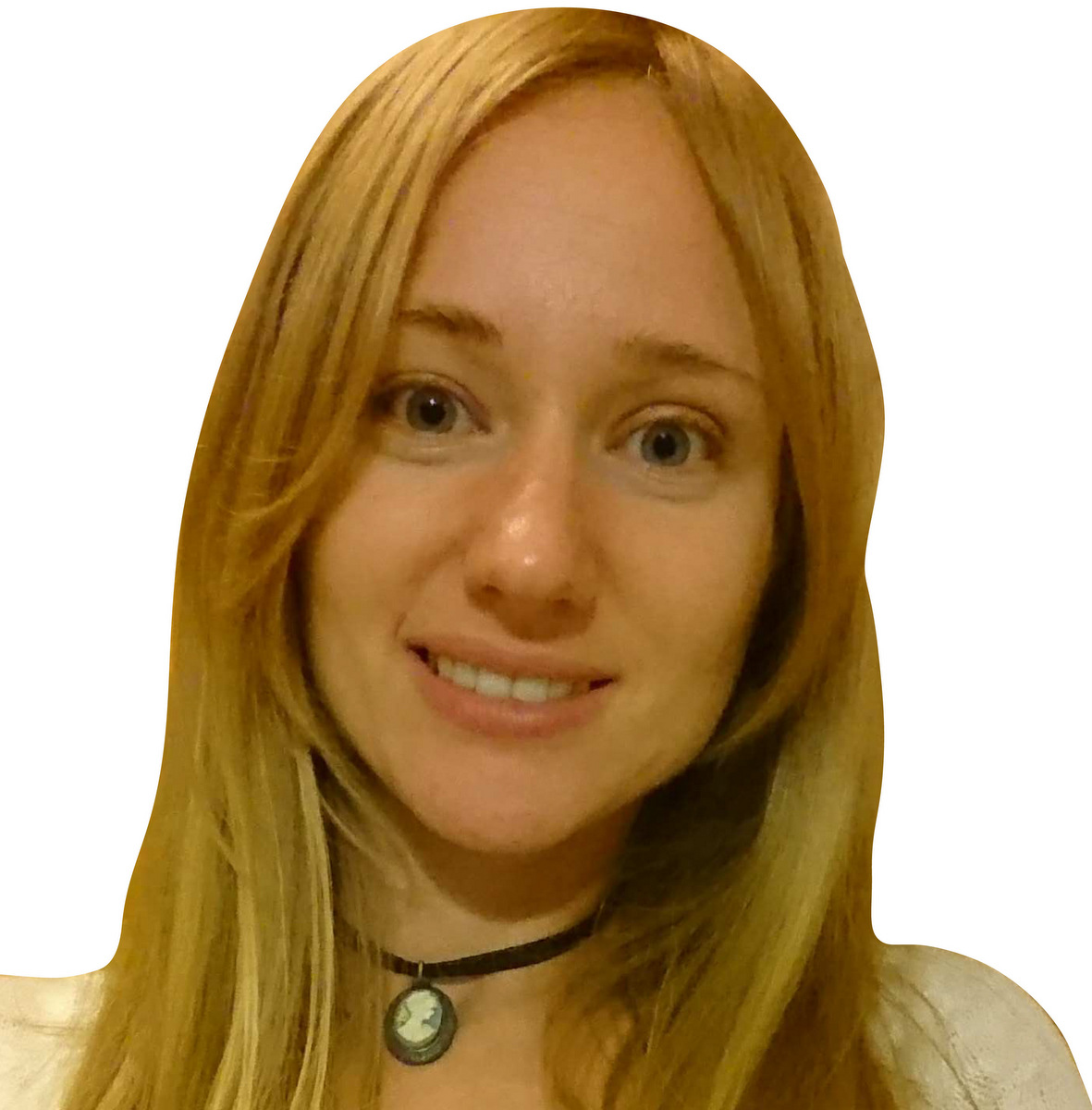You are here
- Home
- Can we all be Leonardo da Vinci?
Can we all be Leonardo da Vinci?

I started my undergraduate studies later than most, when I was 24, and I didn’t feel I could keep up. I was struggling with dyslexia, and as an artist’s daughter, I didn’t have the necessary science background, I couldn’t afford nice clothes, I could hardly use a computer, a smartphone or a camera as my parents couldn’t afford them when I was younger. I focused as hard as I could on the science, but I felt invisible. I kept on thinking that I would never catch up in this rigged race. I wasn’t born for this and most of all, I resented art. However, I was always bewildered that one of the greatest artists was also a great scientist despite his disadvantage starting point. I am talking about Leonardo da Vinci.
Leonardo da Vinci was a polymath, a musician, an artist, an inventor, an anatomist, a war machine designer, a fashionable dresser, he expressed his feelings against animal cruelty and was, apparently, a kind man.
As a scientist today, it feels like we are all expected to be no less than one of the greatest artists that ever lived. We need to be kind to our peers, we need to dress appropriately, look good and have a healthy diet, publicly express our opinion against injustice on social media, do outreach, science communication, create nice diagrams, take pretty images, make a creative video, learn how to use new instruments, develop new instruments, do good science and don’t forget to take care of your mental health and take time off. The world is changing so fast around us, all the information we want is in our hands, missions are going to Mars, to the Moon and we are struggling to stay focused on one thing for more than 10 minutes, and we still need to keep up with everything and continue business as usual.
Did Leonardo live in the same world? Did he have the same thoughts and stresses?
Leonardo da Vinci lived during the Renaissance, the “rebirth”, a revival of wisdom. At the same time, Christopher Columbus set out on his first voyage, and shortly after that, Ferdinand Magellan first circumnavigated the Earth. The world became bigger, there were more options which were naturally followed by the expansion of free will and the individual use of knowledge. While we cannot know for sure, we can assume that he might have perceived the world as fast changing in a similar way that we do today.
Leonardo was the illegitimate son of an Italian notary and a peasant woman, and hence was denied any academic education. However, due to his father’s connections, he was accepted as an apprentice in the painter Andrea del Verrocchio’s studio which produced art for the powerful Medici family in Florence. Although his starting point was challenging, it is believed that when Verrocchio saw Leonardo’s painting of an angel, he stopped painting at that moment. Despite his starting point and the fast-changing world around him, Leonardo was successful during his lifetime.
Inspired by Leonardo’s life and after a long struggle, since October 2019 I am a PhD student with AstrobiologyOU here at the Open University. This story is about how I changed and grew in my first six months of my PhD journey during these rapidly evolving unprecedented times. As the pandemic started, conferences went online, and it is no longer enough to do good science and talk about it in front of a room of people. Things are more visual; you need to be creative in the way and how you engage with people. You need to learn new skills, like how to use a camera, and to record, edit and employ software that is not cheap.
I submitted an abstract about my research to the European Astrobiology Network Association (EANA) Space Factor contest. As part of the application process, they asked for a creative, fun and original short video. But, you cannot win a science contest like this simply by presenting good science. I didn’t have a good camera, neither did I know how to edit nor did I even have an idea for the video. So instead I used what I did have, which was my father’s art, my mother’s help in English literature, my friend’s cameras, their filming, music and editing knowledge together with a free trial of editing software.

My father sculpts in bronze, so I turned that into the magmatic intrusions I am studying. My mother went over my script, and from a garden centre got me some red soil to represent the red planet- Mars. My friend who is a hairdresser did my hair and a friend who is a sound technician helped me with the editing and wrote the music for the background. The night before filming, I met a cinematographer at a friend’s dinner party. He was curious about my project and asked to join and of course, I was thrilled to have him on board. The moments he captured of my vision were breath-taking, I could really feel my thoughts in his lens. From a feeling of helplessness, just by sharing my vision, I had a complete production team feeding into my creativity. At that moment, I felt I was free to be both creative and a scientist.

The day of the contest, I got cold feet and wanted to withdraw. I wasn’t ready for this side of Bea to be part of the science world. I got a small panic attack and called up my supervisor who told me that it’s very artistic and I that I would either lose by a mile or win by a mile. I had a great production, and I had nothing to lose either way. I won first place.
I think that moment was a turning point in the way I see art, science, a sense of belonging within the science community and myself. Science and technology are the basis of our civilisation. However, art is what make us human and initiates our innocent profound natural curiosity.
No one is born into a given community, some have more material possessions, others have more connections, and everyone has different abilities. However, what makes us part of a community is our passion for what we do and our will to get there regardless of our starting point. Leonardo’s starting point didn’t even allow him to get an education, but he had a hunger for knowledge. Leonardo wasn’t afraid to take the time to explore different worlds of knowledge and to get help from connections he made along the way, nor was he afraid of being different. Not many of his paintings have survived; it sometimes took him years to finish one painting and some he never completed. He was known to be a procrastinator, very easily distracted and he kept jumping from one thing to another. As a result, he was the subject of many lawsuits for uncompleted work. He was so passionate about exploring all knowledge that towards the end of his life, he thought he hadn’t accomplished enough. What did he actually complete? Two of the most famous paintings in the world still 500 years after his death.
How is it that one or two paintings are not an accomplishment in our times?
Today we are in a new renaissance – we are rebirthed. We have free access to knowledge from social media, open access science papers, sci-hubs and in one hashtag tweet, you can get the attention and assistance of the most powerful and influential people living on our planet today.
There is no need to feel bad about getting distracted, having a sense of fear of missing out – also known as FOMO, taking a day to procrastinate, to feel sad or learning a new hobby. Great historical figures are not so different than we are, however, we are not an image of them, we are our own narrative and story. We can only use what life has given us, but even if we just leave behind one paper or painting, we will have left a mark on this world forever. Arts and science go hand in hand and achieving greatness in one is achieving it in both.
In Leonardo’s words:
“The acquisition of any knowledge whatever is always useful to the intellect, because it will be able to banish the useless things and retain those which are good. For nothing can be either loved or hated unless it is first known.”
Leonardo da Vinci, The Notebooks of Leonardo Da Vinci - Volume 1, p 88-93, 96, 97
“Learn and Live” the motto of the Open University, my university.
The winning video, created by Bea Baharier, for EANA's Space Factor contest (2020)

Author:
Bea Baharier
is a PhD Student
in the School of Environment, Earth and Ecosystem Sciences at the Open University
Latest News
- Congratulations Professor Geraint (Taff) Morgan! 8th April 2025
- AstrobiologyOU 5 Year Report 4th March 2025
- PhD Opportunities Open For Applications 13th November 2024
- A potential breakthrough in battle against antibiotic resistance 23rd September 2024
- Introducing Professor Schwenzer 19th July 2024